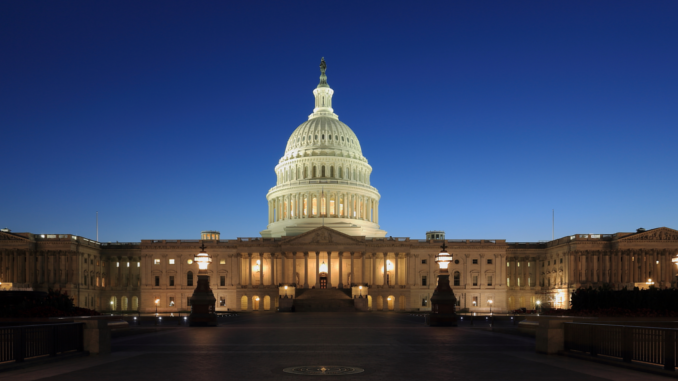
The House of Representatives Judiciary Committee yesterday issued a request to the Supreme Court for a delay of arguments regarding access to Mueller investigating documents. The arguments were slated for December and were widely seen as potential grounds for another impeachment proceeding against President Trump. The dismissal request is the latest in a chain of events precipitated by the President’s election loss. Depending on the motivation for the action, it may no longer be necessary.
In question were the grand jury and investigation materials used by Robert Mueller to compile his report. When the initial report was released, Attorney General Barr broke with precedent and refused to provide the supplemental material to Congress. The stonewalling was met with the expected result: while oversight is not directly stipulated in the Constitution, Congress has been tasked with governance over investigations since the founding in recognition of it being granted “all legislative powers”. Successive judges directed the White House to turn over the documents, and the Supreme Court agreed to take the case but was widely expected to find, plausibly unanimously, in favor of the House.
The House continued to press the matter, even when a related lawsuit – one which required the release of a far less redacted Mueller Report – resulted in more information becoming available to the public.
The House has asked that any decision to further pursue the matter be left to the incoming House Judiciary Committee. As the composition of the Committee is expected to contain most of the same Representatives as the current version, it is a strong signal that the case is expected to be dropped in January.
This is a recognition by Democrats who were seeking to remove Trump that their efforts in that direction are no longer needed. Trump lost conclusively, no matter how much he may lie and deny the fact; and no efforts by his enablers will change anything other than how much donation cash they’re receiving and how energized they’re making the Trumpist segment of their base.
It is also a success for Democrats who wish to avoid creating a legal, rather than a social, precedent. Prior to Trump, no President had stonewalled the Congress on receiving due evidentiary materials after the investigation had taken place. Trump broke the social covenant and, by doing so, may have avoided a second impeachment as well as criminal exposure for some of his subordinates, including Bill Barr.
At the heart of the decision to continue is whether the suit was entered to stop Trump in a partisan fashion, or provide needed safeguards for a damaged system.
If the Democrat-controlled Judiciary Committee decides to pursue the case next year despite Trump being out of office, it will demonstrate that they are seeking to reform a system which can be abused by party leaders who value power over honor. If they do not it will provide an obvious precedent for future leaders of either party to repeat Trump’s abuses, as blatant offenses will have resulted in no consequences.
